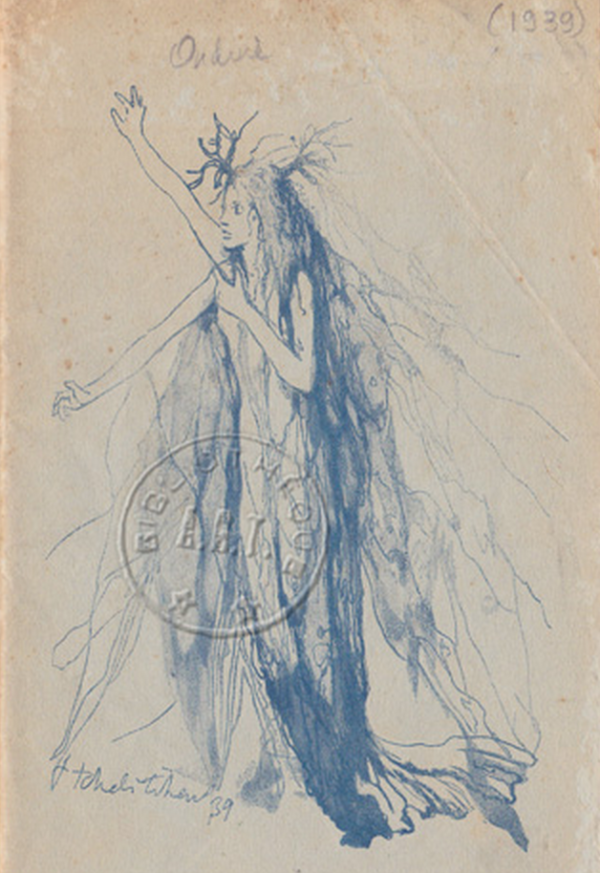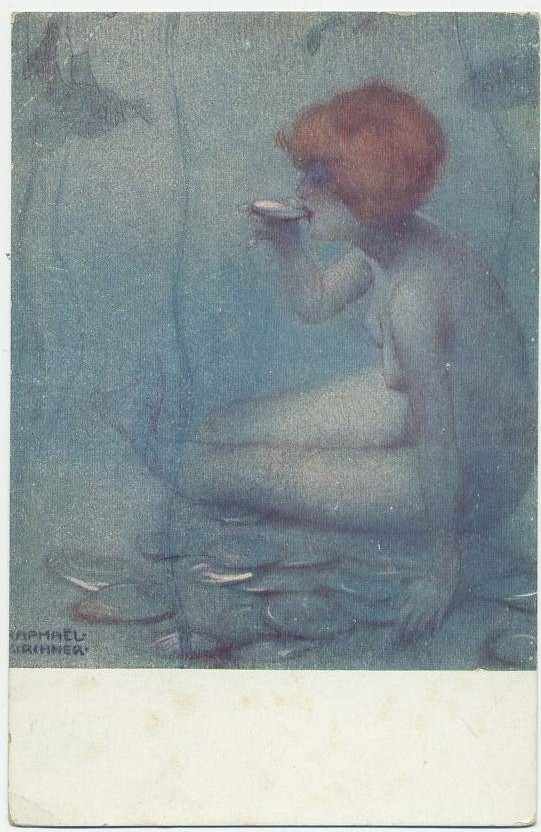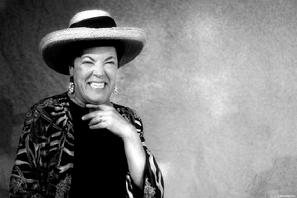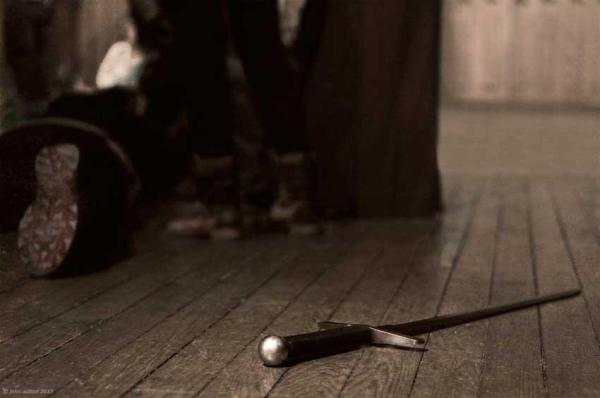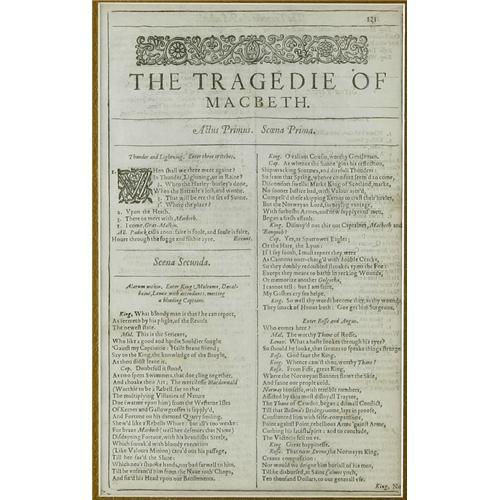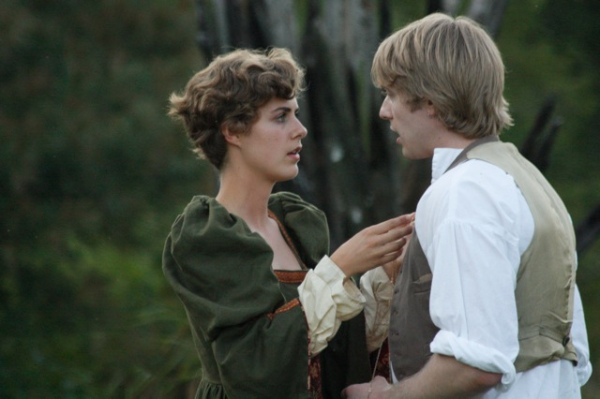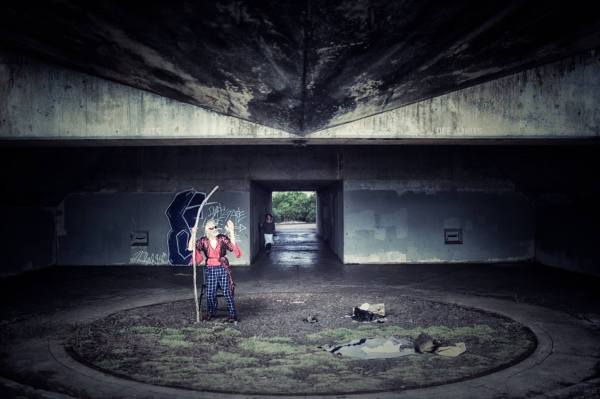
DIRECTOR’S NOTES
Why did we do this? I’ve been wondering these last few weeks. King Fool, right. Apt, in good faith, very apt. Because there were too many actors for any one play? Because we had two separate groups? Because it was there? Anyway, we did it. And it turns out that it’s been not only hair-raising and fun and sometimes illuminating, but that these two plays actually relate to each other. Not just because they both have fools who have a lot of disturbing questions, not just because they both have people in power who are in great pain and loneliness, not just because they both deal in madness, but like two dreams dreamt in the same night, one seems the gateway to the other. But mainly: the tenacity these actors and crew have shown is nothing less than remarkable. Ten days ago, a realistic director voice called it off; said it couldn’t be done. But the actors refused to let it go, and that’s life.

